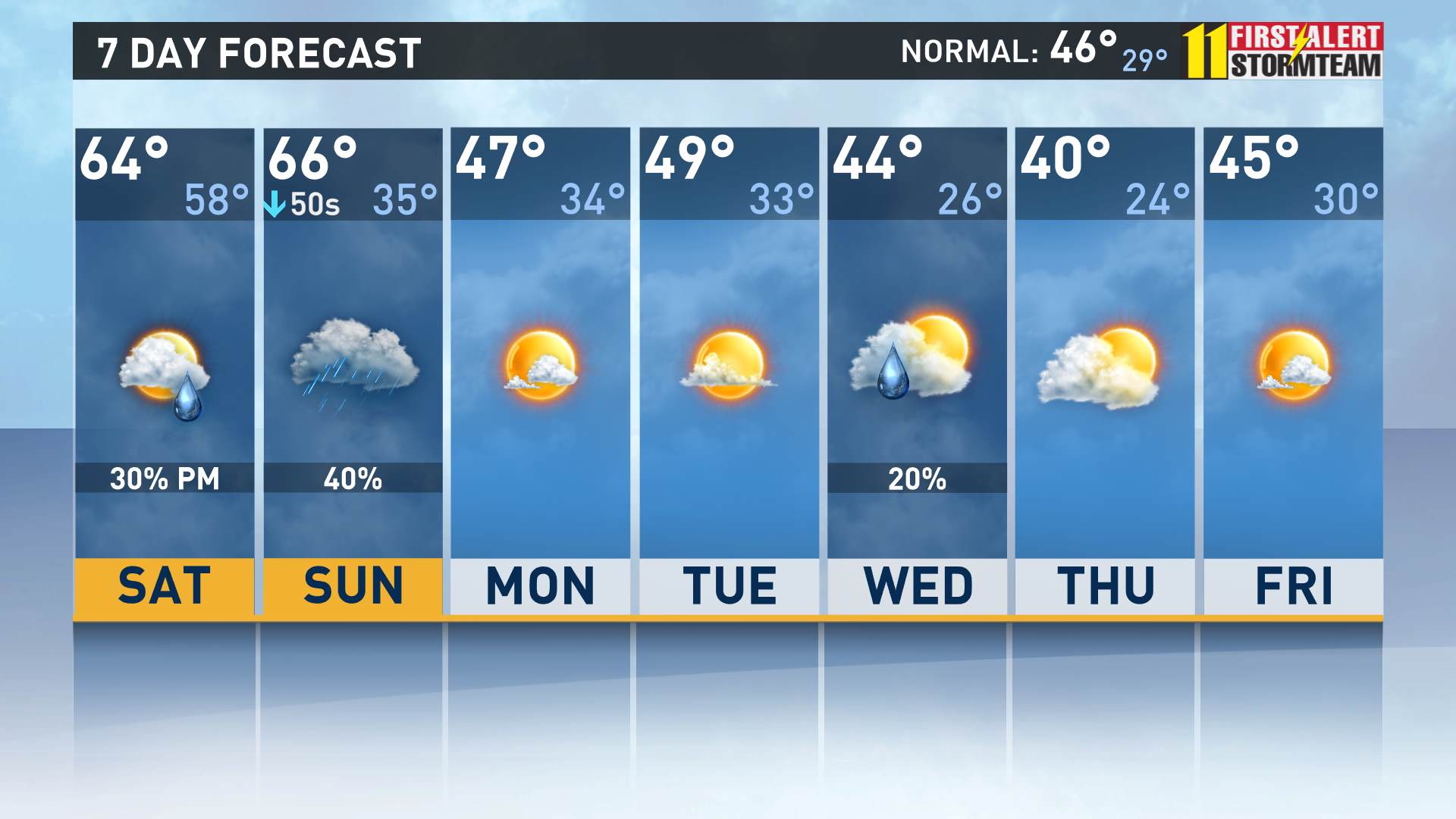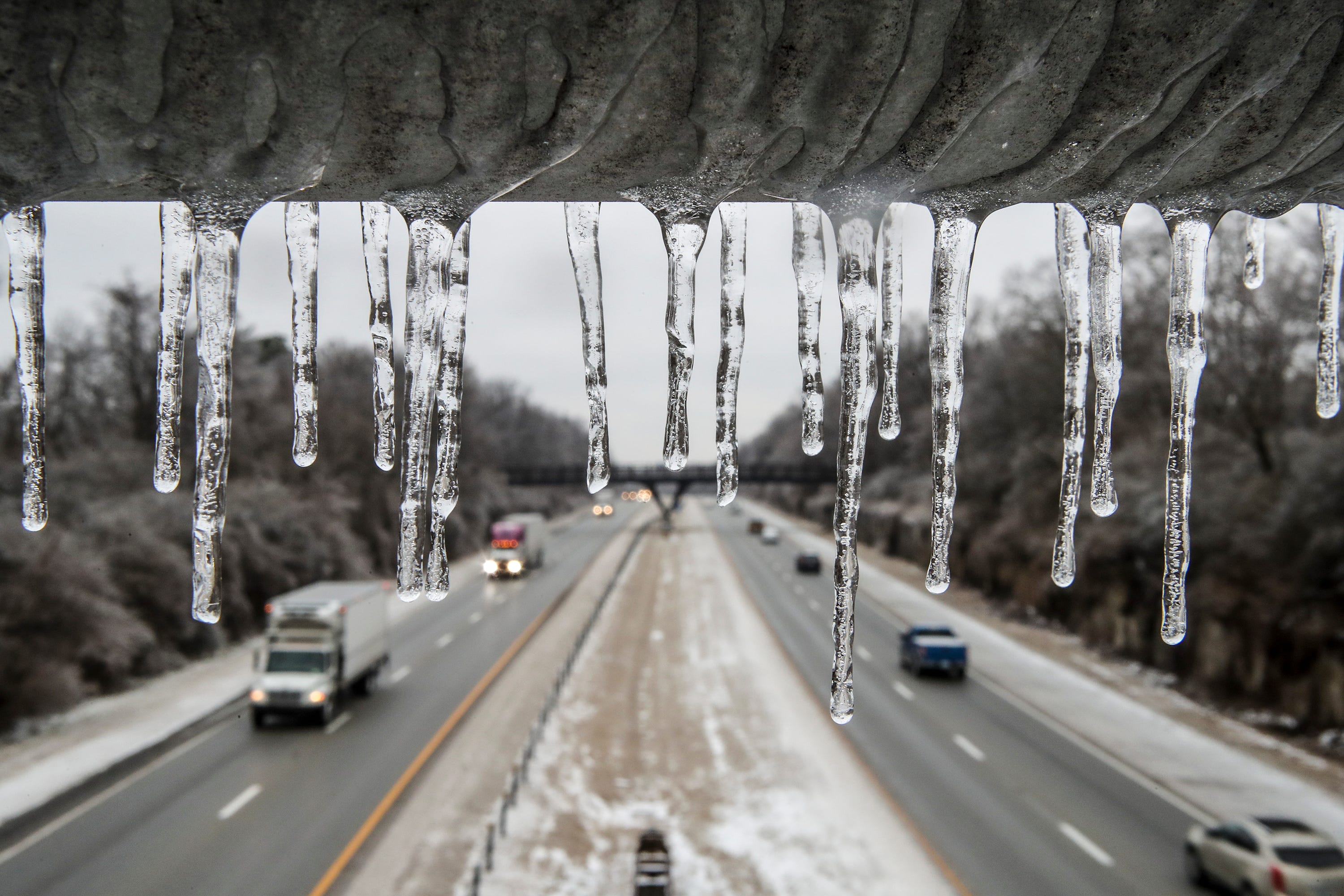Current Weather Conditions: Louisville Weather

Louisville weather – As the sun rises over the vibrant city of Louisville, the weather conditions paint a picture of a crisp and invigorating autumn morning. The air carries a refreshing chill, with temperatures hovering around a comfortable 55°F (13°C). Humidity levels remain relatively low, ensuring a pleasant respite from the summer’s oppressive humidity.
Louisville’s weather, ever-changing and unpredictable, can turn on a dime. From sunny skies to torrential downpours, it’s a city that keeps you on your toes. And when the clouds gather and the winds howl, it’s time to keep an eye on the tornado tracker.
This invaluable tool can help you stay informed and prepared for the worst. But even with the best technology, Louisville weather remains a force to be reckoned with, so always be ready for the unexpected.
A gentle breeze whispers through the trees, traveling at a moderate speed of 10 mph (16 km/h) from the northwest. The sky is adorned with a patchwork of clouds, allowing intermittent rays of sunlight to illuminate the city below. As the day progresses, the clouds are expected to gradually disperse, revealing a clear and sunny afternoon.
As the sun peeked over the horizon, casting a warm glow on Louisville’s cityscape, the weather forecast promised a day of clear skies and gentle breezes. Yet, beneath this serene facade, a hidden force was stirring. The beryl live tracker revealed an ominous storm system brewing in the distant Atlantic, its path eerily reminiscent of past hurricanes that had threatened the city.
With every passing hour, the tracker’s updates became more urgent, casting a shadow of uncertainty over Louisville’s idyllic morning.
Hourly Forecast
The hourly forecast for the next 24 hours provides a detailed glimpse into the evolving weather conditions in Louisville. The table below summarizes the key parameters:
| Hour | Temperature (°F) | Precipitation Probability (%) | Wind Speed (mph) |
|---|---|---|---|
| 6 AM | 55 | 0 | 10 |
| 7 AM | 57 | 0 | 11 |
| 8 AM | 59 | 0 | 12 |
| 9 AM | 62 | 0 | 13 |
| 10 AM | 65 | 0 | 14 |
| 11 AM | 68 | 0 | 15 |
| 12 PM | 70 | 0 | 16 |
| 1 PM | 72 | 0 | 17 |
| 2 PM | 74 | 0 | 18 |
| 3 PM | 76 | 0 | 19 |
| 4 PM | 78 | 0 | 20 |
| 5 PM | 76 | 0 | 19 |
| 6 PM | 74 | 0 | 18 |
| 7 PM | 72 | 0 | 17 |
| 8 PM | 70 | 0 | 16 |
| 9 PM | 68 | 0 | 15 |
| 10 PM | 65 | 0 | 14 |
| 11 PM | 62 | 0 | 13 |
| 12 AM | 59 | 0 | 12 |
| 1 AM | 57 | 0 | 11 |
| 2 AM | 55 | 0 | 10 |
| 3 AM | 53 | 0 | 9 |
| 4 AM | 51 | 0 | 8 |
| 5 AM | 50 | 0 | 7 |
Interactive Weather Map
To provide a comprehensive understanding of the weather conditions across Louisville, an interactive weather map has been developed. This map allows users to explore the weather conditions in different neighborhoods of the city, providing real-time updates on temperature, precipitation, and wind speed. By zooming in and out of the map, users can easily navigate to specific locations and obtain detailed weather information.
Historical Weather Data

Delving into the annals of Louisville’s meteorological history, we uncover a tapestry of climatic patterns that have shaped the city’s character. From the gentle caress of spring showers to the icy grip of winter storms, Louisville’s weather has played a pivotal role in its cultural and economic development.
Our journey through Louisville’s weather history begins with a comprehensive examination of average temperatures, precipitation, and snowfall for each month of the year. This data provides a foundation for understanding the city’s overall climate and the seasonal variations it experiences.
Average Temperatures
Louisville’s average temperatures exhibit a marked seasonality, with warm summers and cold winters. The warmest months are July and August, with average temperatures hovering around 78°F (26°C). Conversely, the coldest months are January and February, with average temperatures dipping to around 32°F (0°C).
The city’s temperature profile is influenced by its location in the humid continental climate zone. This climate type is characterized by warm, humid summers and cold, snowy winters. The Ohio River, which flows along Louisville’s northern border, also plays a role in moderating the city’s temperatures, particularly during the summer months.
To further illustrate Louisville’s temperature trends, we present a line graph comparing the city’s average temperature to the national average over the past 5 years. This graph provides a visual representation of Louisville’s temperature patterns in relation to the broader context of the United States.
Precipitation
Louisville receives an average of 44 inches (112 cm) of precipitation per year, which is distributed fairly evenly throughout the year. However, there are some seasonal variations in precipitation patterns. The wettest months are May and June, while the driest months are January and February.
The city’s precipitation is primarily in the form of rain, with occasional snowfall during the winter months. The average annual snowfall in Louisville is around 12 inches (30 cm), but this can vary significantly from year to year.
Extreme Weather Events
While Louisville’s climate is generally mild, the city has experienced its share of extreme weather events. These events have ranged from tornadoes and floods to heat waves and ice storms.
The most notable tornadoes to hit Louisville occurred in 1890, 1974, and 2009. The 1890 tornado was an F4 tornado that killed 76 people and destroyed over 300 buildings. The 1974 tornado was an F5 tornado that killed 33 people and caused widespread damage. The 2009 tornado was an EF4 tornado that killed 9 people and caused extensive damage to the city’s downtown area.
Louisville has also experienced several major floods, including the Great Flood of 1937, the Ohio River Flood of 1945, and the Louisville Flood of 1997. These floods have caused significant damage to the city and its infrastructure.
Heat waves are another common occurrence in Louisville. The city’s highest recorded temperature was 106°F (41°C), which was set in 1930. Heat waves can be dangerous, particularly for the elderly and those with pre-existing health conditions.
Ice storms are less common in Louisville than tornadoes, floods, and heat waves, but they can still cause significant damage. The most recent major ice storm to hit Louisville occurred in 2009. This storm caused widespread power outages and damage to trees and power lines.
Weather Forecasts and Alerts

Weather forecasting is a crucial aspect of staying informed and prepared for upcoming weather conditions. For Louisville, we provide detailed 10-day forecasts and a comprehensive list of active weather alerts to ensure you’re always up-to-date.
10-Day Forecast, Louisville weather
Our 10-day forecast provides a comprehensive overview of the expected weather conditions for Louisville. Each day’s forecast includes the temperature range, precipitation probability, and wind speed. This information helps you plan your outdoor activities and make informed decisions about your daily routine.
Active Weather Alerts
In addition to our 10-day forecast, we also provide a list of active weather alerts for Louisville. These alerts include tornado warnings, flood watches, heat advisories, and other important notifications. By staying informed about active weather alerts, you can take necessary precautions to ensure your safety and well-being.
Custom Weather Alert System
For those who want a more personalized weather experience, we offer a custom weather alert system. You can set up specific weather conditions that you want to be notified about, such as high winds, heavy rain, or extreme heat. When these conditions are met, you will receive a notification on your preferred device, allowing you to stay informed and take appropriate action.